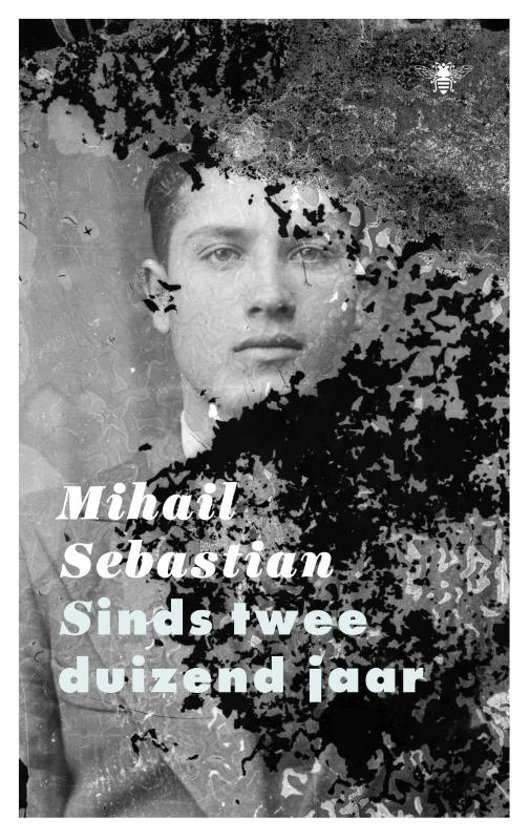What do you think?
Rate this book


318 pages, Paperback
First published January 1, 1934
'There's a drought and I await the rain. And you stand there and tell me: A hard rain is what we need. But what if it comes with hail? If it comes with a storm? If it ruins what I've sowed? Well, I'll tell you: I don't know how the rain will fall. I just want it to come. That's all. With hail, storm, lightning, as long as it comes. One or two will survive the deluge. Nobody will survive drought.'
I can know, or say, that God does not exist, and recall with pleasure the physics and chemistry textbooks from school that gave him no place in the Universe. That doesn’t prevent me from praying when I receive bad news or wish to avert it. It’s a familiar God, to whom I offer sacrifices from time to time.…
Sometimes I feel there is something more, beyond that: the God with who I have seen old men in synagogues struggling, the God for whom I beat my breast, long ago, as a child, that God whose singularity I proclaimed every morning, reciting my prayers.
“God is one, and there is only one God.”
Does not “God is one” mean that God is alone? Alone like us, perhaps, who receive our loneliness from him and for him bear it.
This clarifies so many things and obscures so many more…